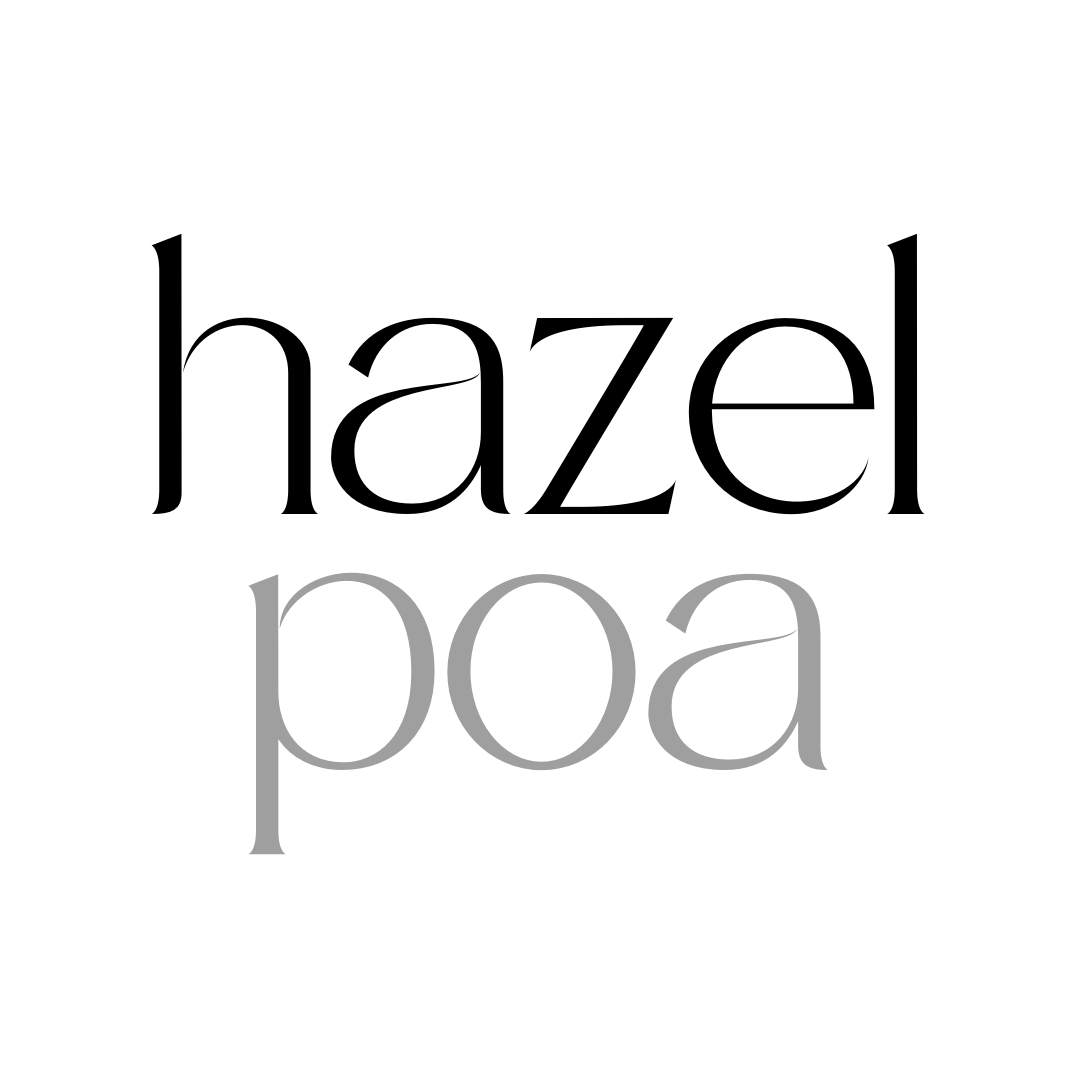Mr Chairman,
Two weeks ago, on 6 February 2023, Minister Indranee answered Parliamentary Questions on the decision not to prosecute the Keppel & Offshore Marine (KOM) executives involved in a corruption case. She said that it was standard practice not to issue any statement if law enforcement agencies decided not to proceed after an investigation. But if anyone has questions on the decision, the matter can be raised in Parliament.
However, the answers given by her in Parliament were far from satisfactory.
The US succeeded in prosecuting KOM and imposed a huge fine of US$422 million. But we were told CPIB is unable to find sufficient evidence to prosecute. Surely we would want to know in more detail why we have failed where others have succeeded. We want to know what were the facts uncovered during the investigation and which could not, which led to the decision not to prosecute.
The Minister’s replies to several questions were however evasive, uncertain or “I don’t know”. Let me give a few examples.
When asked by the Leader of the Opposition whether the Board of Keppel at the time when corrupt payments were made were aware, the Minister replied that she cannot answer for Keppel. We are not asking the Minister to answer for Keppel, we are asking for the result of CPIB’s investigation. Whether or not constructive knowledge is an offence is beside the point. Corruption is an offence and during their investigation of this offence, surely, CPIB would make it a point to find out which decision makers were aware of the act. Did CPIB look into this? If they did, what was the result?
When asked about the mutual legal assistance (MLA) requests, she replied that she does not know all the details of the MLA but that for at least one or two of the latest ones there were no response.
When asked about the witness who changed his tune, her answer was again uncertain: “I think the answer is yes” and “I do not have details of what exactly was said”.
When asked whether the six KOM executives involved were aware of and authorised the corrupt payments, she replied that she did not know because she did not conduct the investigations.
Whilst the Minister claimed that anyone with questions could raise them in Parliament, she did not come into Parliament equipped with sufficient facts or knowledge to answer those questions. This does not help the public maintain trust and confidence in our enforcement agencies.
Our zero-tolerance policy on corruption is there for good reasons. If we stand by while corrupt companies win contracts and prosper, while more capable but uncorrupt companies lose out in the competition, what kind of world are we moving towards?
Will the Minister consider appointing a committee to consult the public on what questions they want answered and to get the answers to those questions from the relevant agencies? Transparency and accountability is the way to convince the public that the investigation was conducted professionally and competently, and the decision not to prosecute is a sound and impartial one.
Next, onto fertility measures.
I welcome the increase in paternity leave. Experience in some European countries has suggested that a more equal distribution of parental duties can help to improve the fertility rate.
Higher baby bonus is always welcomed to keep pace with inflation. But the Working Mother Child Relief continues to be a disappointment to stay-home mothers. Stay-home parents contribute to society as much as working parents. Will the Government consider introducing appreciation of the contributions of stay-home parents in the form of CPF top-ups?
